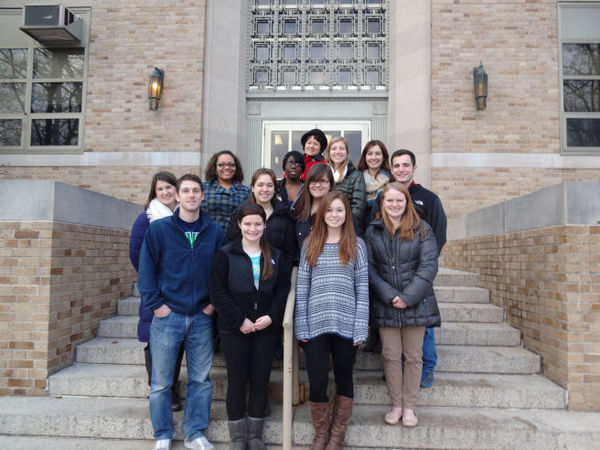We study the development of morality in light of evolutionary systems theory.
Specifically, we study how the provision of humanity’s evolved nest (or its lack of provision) influence moral development. With evolved nest provision, basic needs are met and humans can attain their moral heritages of flexible relational attunement (ethical engagement) and communal imagination.
With a species-atypical nest, humans become more self-centered (unless they undergo therapy of some sort) and develop self-protectionist ethics such as social opposition, social withdrawal, vicious imagination or detached imagination. Those without the evolved nest lack optimal neurobiological system functioning (e.g., stress response, vagus nerve, neurotransmitters, immune system).
